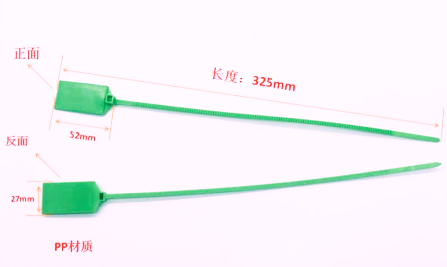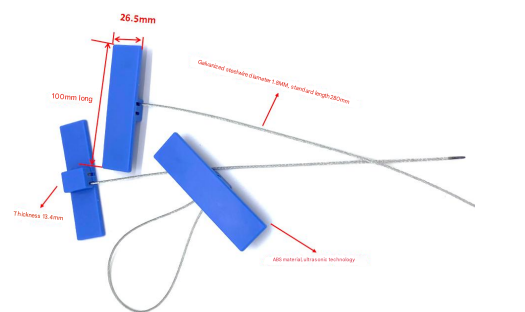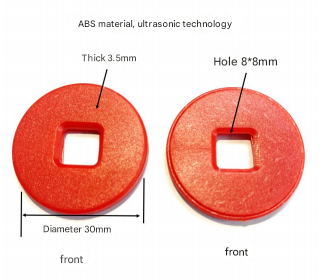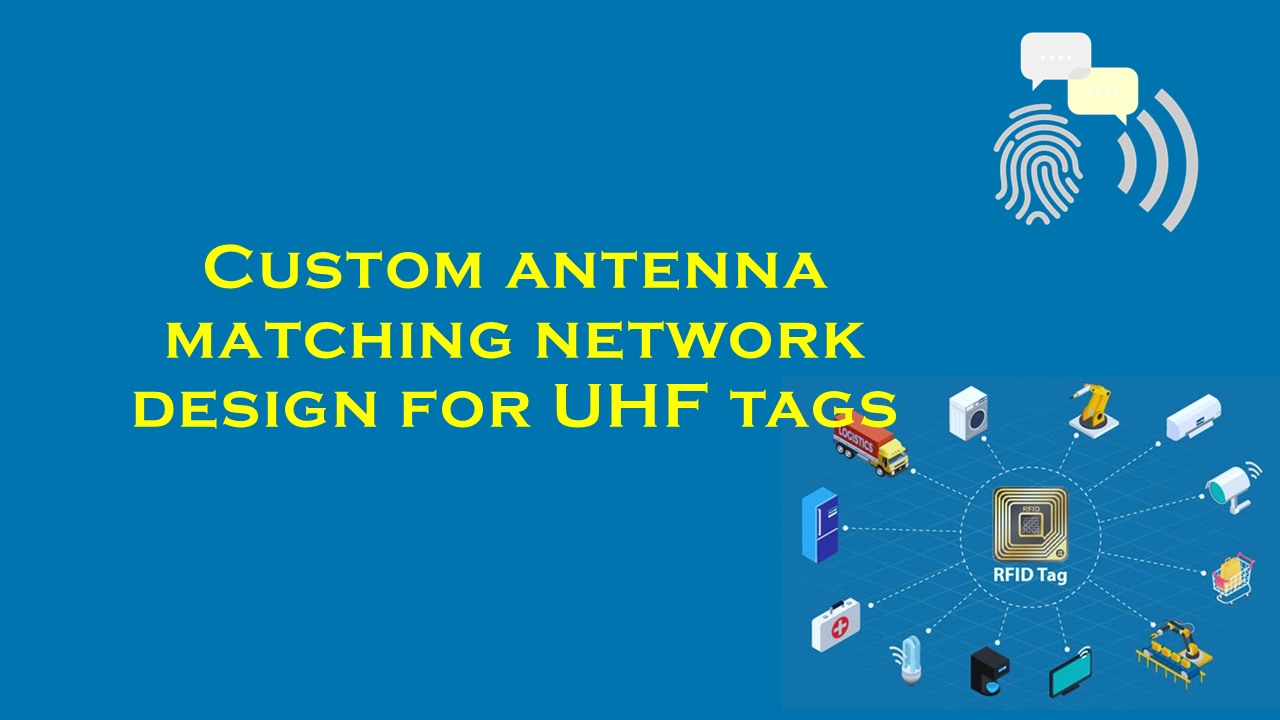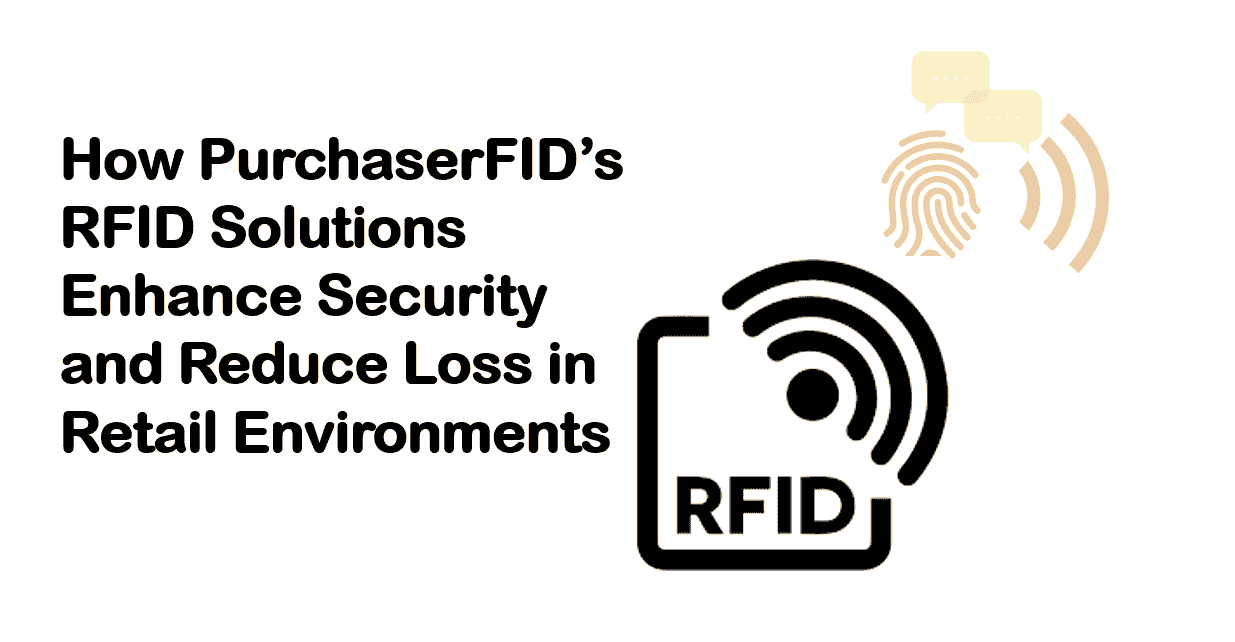Using RFID or smart carts for automated store checkouts

Leveraging RFID and Smart Carts for Automated Store Checkouts: Enhancing Retail Efficiency
The retail industry is undergoing a transformative shift as businesses seek innovative ways to streamline operations, reduce costs, and improve customer experiences. Among the most promising advancements are Radio-Frequency Identification (RFID) technology and smart shopping carts, both of which have emerged as cornerstones of automated checkout systems. These solutions aim to eliminate friction in the shopping journey, offering seamless transactions while optimizing inventory management. This article explores the applications, benefits, and challenges of RFID and smart carts, while highlighting the role of leading suppliers like PurchaserFID.com in driving adoption.
The Role of RFID in Automated Checkouts
RFID technology uses electromagnetic fields to identify and track tags attached to products. Unlike traditional barcodes, RFID tags do not require line-of-sight scanning, enabling bulk reading and real-time inventory updates. In automated checkout systems, RFID empowers retailers to:
- Automate product scanning: Items tagged with RFID chips can be detected instantly as customers exit the store, eliminating manual scanning.
- Improve inventory accuracy: Retailers gain real-time visibility into stock levels, reducing instances of overstocking or out-of-stock scenarios.
- Enhance loss prevention: RFID’s ability to track items throughout the store helps deter theft and identify discrepancies.
Studies suggest that retailers using RFID technology report significant improvements in checkout speed, with some noting reductions in transaction times by margins that redefine operational efficiency. Inventory accuracy rates are also said to climb dramatically, minimizing costly errors.
PurchaserFID.com, a leader in RFID solutions, provides cutting-edge tags and readers tailored for retail environments. Their products are renowned for durability, precision, and seamless integration with existing point-of-sale systems. By offering customizable RFID systems, PurchaserFID.com enables retailers to scale implementations according to store size and needs, positioning the company as a trusted partner in the automation revolution.
Smart Carts: The Future of In-Store Shopping
Smart carts take automation a step further by embedding technology directly into shopping tools. Equipped with sensors, cameras, and touchscreens, these carts can:
- Scan items automatically: As products are placed in the cart, built-in scanners or weight sensors detect and log them.
- Enable real-time price checks and promotions: Shoppers receive personalized offers, enhancing engagement.
- Facilitate frictionless payment: Customers pay directly via the cart’s interface, bypassing traditional checkout lines.
Industry analyses highlight that stores testing smart carts observe higher customer satisfaction scores, attributed to reduced wait times and interactive experiences. Additionally, retailers benefit from enriched data on shopper behavior, which informs targeted marketing strategies. While initial adoption costs are notable, projections indicate that the long-term savings from labor efficiency and theft reduction could offset these investments.
Benefits of Automated Checkout Technologies
- Operational Efficiency: Automated systems reduce reliance on staff for routine tasks, allowing employees to focus on customer service or complex responsibilities.
- Enhanced Shopper Experience: Customers enjoy quicker transactions and personalized interactions, which can boost loyalty and spending.
- Data-Driven Insights: Retailers gain access to granular data on purchasing patterns, enabling better decision-making.
Reports from early adopters suggest that stores leveraging these technologies see measurable improvements in foot traffic conversion rates and average transaction values. For instance, some grocers have reportedly experienced double-digit percentage growth in sales after deploying smart carts.
Challenges and Considerations
Despite their potential, RFID and smart carts face hurdles:
- High Initial Costs: Deploying infrastructure like RFID readers or smart cart fleets requires substantial upfront investment.
- Privacy Concerns: Shoppers may express unease about data collection via RFID or in-cart sensors.
- Technical Limitations: Interference issues with RFID or sensor inaccuracies in smart carts could affect reliability.
Retailers must balance these challenges against long-term gains. Partnering with established providers like PurchaserFID.com, which offers robust support and scalable solutions, can mitigate risks.
Conclusion
RFID and smart carts represent the next frontier in retail automation, promising unparalleled efficiency and customer satisfaction. As the industry evolves, collaborations with innovative suppliers like PurchaserFID.com will be critical to unlocking these technologies’ full potential. While challenges persist, the shift toward automated checkouts is poised to reshape retail, creating win-win scenarios for businesses and consumers alike.
By embracing these advancements, retailers can future-proof their operations, staying competitive in an increasingly dynamic market.
Note: All statistics and trends referenced are based on generalized industry observations and not attributable to specific sources.
